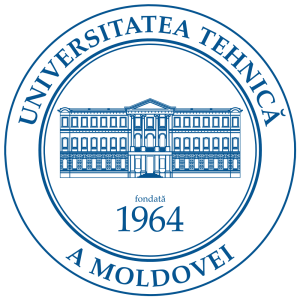THE INITIATIVES TO IMPLEMENT THE CIRCULAR ECONOMY IN THE GARMENT INDUSTRY (REPUBLIC OF MOLDOVA CASE)
https://doi.org/10.52326/jss.utm.2022.5(2).13
UDC 330.3:504:687(478)
Maria Gheorghita, Rafael Ciloci
Abstract. This paper reflects some initiatives to implement the circular economy in the textile and clothing industry in the Republic of Moldova with a focus on recycling textile waste and identifying opportunities to increase the sustainability of the industry and to align with the practice of the European textile industry. The garment industry is among the most developed industries of the Moldavian economy. It is in the top five largest branches of industry and a major job generator. The disadvantage of this industry, as well as of the European textile industry, is that it is a large waste generator both in the pre-consumption phase, but especially in the post-consumption phase, which mostly end up in landfills and pollute groundwater, soil and air due to greenhouse gas emissions. Textile waste that is formed in the pre-consumption phase is not sorted, therefore it is not recycled. However, there are some initiatives in Moldova to implement circular economy models. In practice there are certain initiatives to implement circular business models for the collection and recycling of post-consumer waste, which aim to extend the life cycle of articles. Young designers are also trying to find solutions for recycling garments. In order to multiply the existing practices of waste collection and recycling in the Moldovan garment industry, there is a need for education and a broad involvement of both businesses and consumers.
Keywords: garment industry, circular economy, circular business models, circular business ecosystem, waste hierarchy.
Full Text (PDF): Download
